Sixteen-plus years have passed since I moved to Korea, during which time I have traveled, read, studied, asked questions and cogitated about the country’s history and culture. Having done this, I submit that Kim Il-Sung came perilously close to taking over the entire peninsula in the summer of 1950. If U.S. President Harry Truman had not acted quickly and forcefully, if the Busan Perimeter had not held, and if the Incheon Landing had failed, Kim’s “Fatherland Liberation War” would have been quickly over, and the DPRK’s military and political triumph would have been a fait accompli. The developments that would have followed are too awful to imagine, but I nevertheless want to make a few observations in that regard.
Let us first of all keep in mind that during the Joseon dynasty—and before that the Goryeo dynasty, and before that the Silla dynasty—Korea had been ruled by powerful monarchs who demanded strict obedience and loyalty. So when Soviet General Terenty Shtykov installed Kim as the de facto head of the nascent North Korea in 1945, his authoritarian approach was in keeping with centuries of tradition. As the ROK moved haltingly towards American-style capitalism and democracy, the people north of the 38th parallel found themselves locked in a brutal totalitarian system.
What had Kim achieved in the five years before he started the Korean War? This one-time guerilla fighter laid the basis for the cult of personality that would be adopted by his son and grandson. He purged rivals and former comrades, no matter how loyal they had been to him. He adroitly sought aid and technical expertise from China, the USSR and Eastern Bloc countries, even while instituting his philosophy of Juche as the state ideology. Employing the carrot as well as the stick, he won support by giving away millions of acres of land (as if they were his to give!) to poor farmers; they soon came to realize that most of what they produced belonged to the government, such as it was.
A 2014 United Nations inquiry into the DPRK’s human rights record found evidence of “systematic, widespread and gross human rights violations” and stated that “the gravity, scale and nature of these violations reveal a state that does not have any parallel in the contemporary world.” The censorship index compiled by Reporters Without Borders last year assessed 180 countries, and at the very bottom was North Korea. Would the same sad reality not obtain, even up to this very day, in the southern half of the peninsula had Kim’s men won? I’m afraid it would.
The North Koreans and their Chinese fellow communist-roaders had possession of Seoul twice during the war. I think it probable that Kim would have, in time, made it the capital of a reunified Korea. A 22-meter-high statue of Kim, his right arm extended in a celebratory manner, graces Pyongyang. People are obliged to genuflect before it, and I do not mean a quick, perfunctory bow. Nothing less than a deep, long bow suffices. (The statue has been accompanied by one of his son, Kim Jong-Il, since 2011.) Kim surely would have wanted a similar sculpture erected on Gwanghwamun Plaza—the historic heart of Seoul and indeed all of South Korea. Those of Admiral Yi Sun-Shin (1968) and King Sejong (2009) that are there now never would have been conceived, much less built and put in place. Forty thousand smaller statues of Kim (estimates go as high as 100,000) cover North Korea, and I can certainly envision that being the case here also. A park sits just around the corner from where I live, and wouldn’t a statue of the “eternal president” be a nice touch?
Slogans with fulsome praise of Kim are ubiquitous in the DPRK. You will find them next to roadsides, fields and villages, and most notably, carved into mountains. Here are a few: “Rise up as one in the struggle against fascism and for democracy!”, “Let’s dynamically wage this year’s general advance in the same spirit as shown in the success of the H-bomb test!” and “Let us hold the great leader in high esteem forever and accomplish his cause!” I doubt Kim could have resisted the temptation to put such slogans on the north, west, south and east slopes of Namsan, the scenic mountain in the middle of Seoul. Kim would not have stopped there, marring Hallasan on Jeju Island, Jirisan in Gyeongnam Province, Seoraksan in Gangwon Province, Taebaeksan in Gyeongbuk Province, Baegunsan in Jeollanam Province and a hundred more with his intrusive and bombastic messages.
Had Kim taken control of South Korea, there would have been need for large-scale prisons to accommodate the many people who firmly opposed him. They had experienced five years of relative freedom and had heard the horror stories emanating from north of the border. Many would have resisted and paid the price for it. Worse than mere incarceration, I believe a blood bath would have ensued since Kim had proven himself willing to kill those who got in his way.
The chaebols (Samsung, Hyundai, etc.) that have been so fundamental in the ROK’s rise to prosperity would never have gotten off the ground. Kim had to call the shots in every realm, even if he was grossly unqualified to do so. He had followed bone-headed policies before and would again in the decades to come, even if it meant driving his country into a very deep financial black hole.
Kim would have erased all of the churches in southern Korea, just as he did in the north. Top-level academic institutions of which we are so proud—such as Seoul National University, Yonsei University, Ehwa Womans University and KAIST—would be unrecognizable, if they were allowed to exist at all. Only one school in the DPRK offers bachelor’s, master’s and doctoral degrees: Kim Il-Sung University, founded in 1946. Its 16,000 students get some objective information, mixed with major doses of propaganda. KISU, which is scarcely a center of freewheeling intellectual exchange, is not recognized by any international accrediting organization.
One thing South Koreans take for granted is that this is the most wired country in the world. By any measure, we have the best and fastest broadband Internet. Almost 98% of the people, the youngest kids excluded, own a smart phone. We are spoiled by all this unhindered and reliable electronic communication. By contrast, the total number of unrestricted-access Internet users up north is no more than a few thousand—only high-ranking officials, members of NGOs and ambassadors.
Here, you can go downtown and scream at the top of your lungs that the president is a dunce, that he has the morals of an alley-cat and that his mother wears combat boots. Try that in the DPRK. They would toss you in the gulag faster than you can say, “I hail Kim Jong-Un as the great successor to the revolutionary cause of Juche!”
I could give dozens of other examples, but these will suffice. There is an old saying, “See which way the cat jumps.” In the Korean War, the cat could have jumped differently. Truman might have been slow to respond to the DPRK blitzkrieg of June 25, 1950, and/or the Busan Perimeter might have collapsed, and/or Douglas MacArthur’s Incheon Landing might have gotten bogged down in the low tide of the Yellow Sea. Had any of those happened, North Korean soldiers would almost certainly have conquered their southern compatriots, and three generations of Kims would have been in charge. That, friends, would have been a mega-disaster.
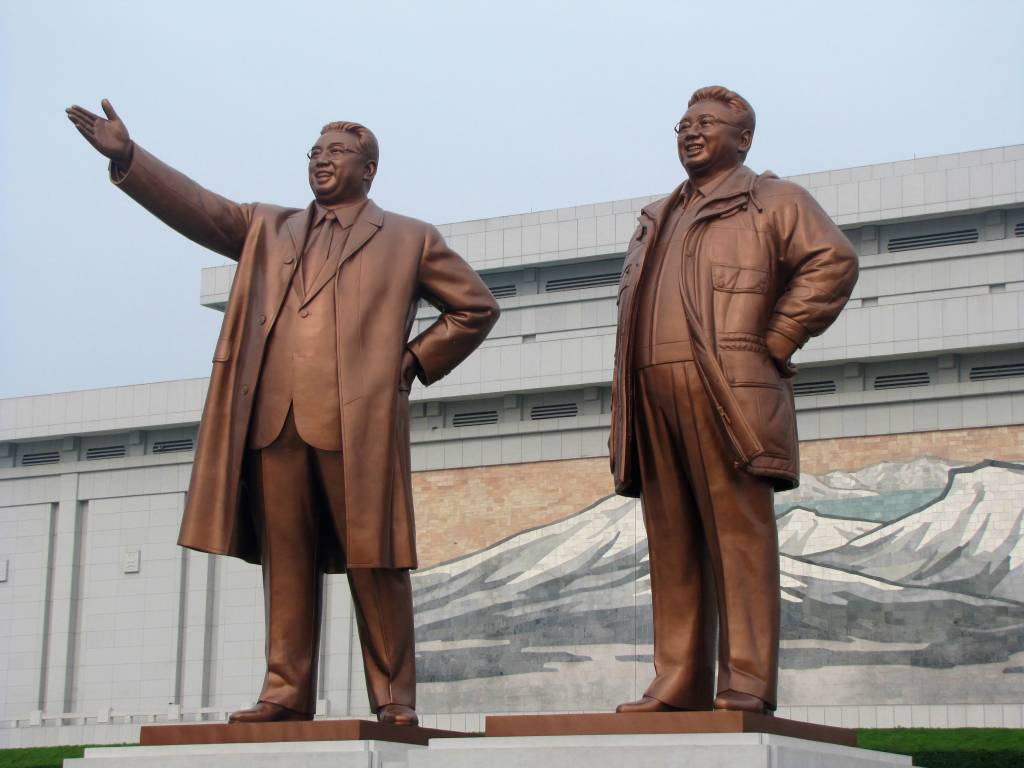
Much-larger-than-life statues of Kim Il-Sung and Kim Jong-Il…
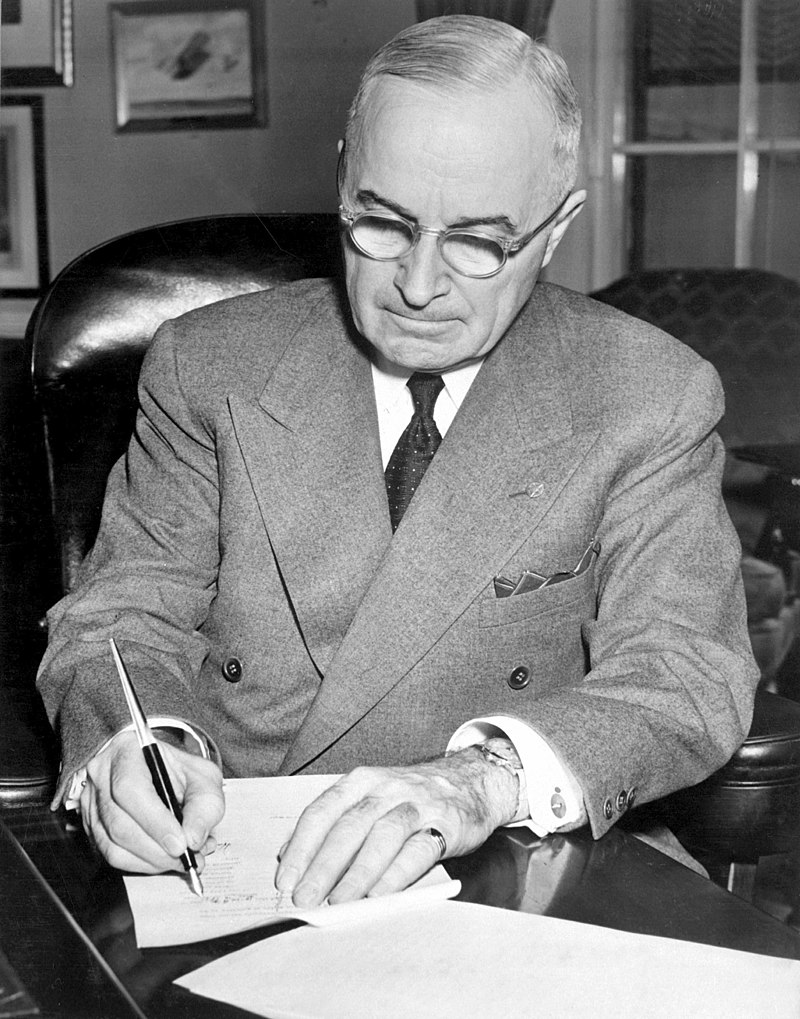
Harry Truman signs a document authorizing U.S. entry into the Korean War…
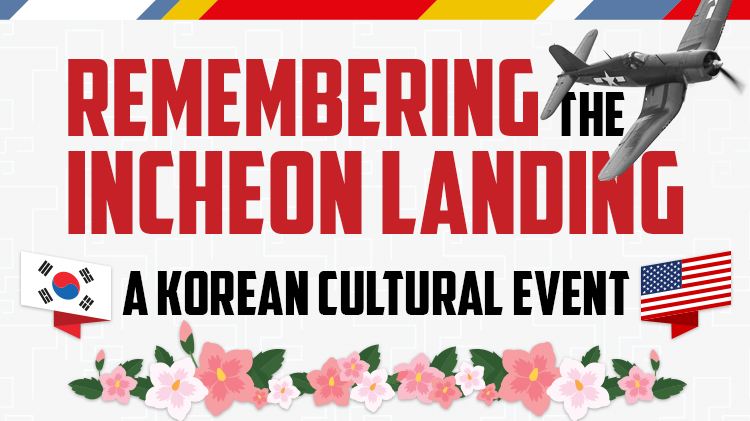
Yes, remember…
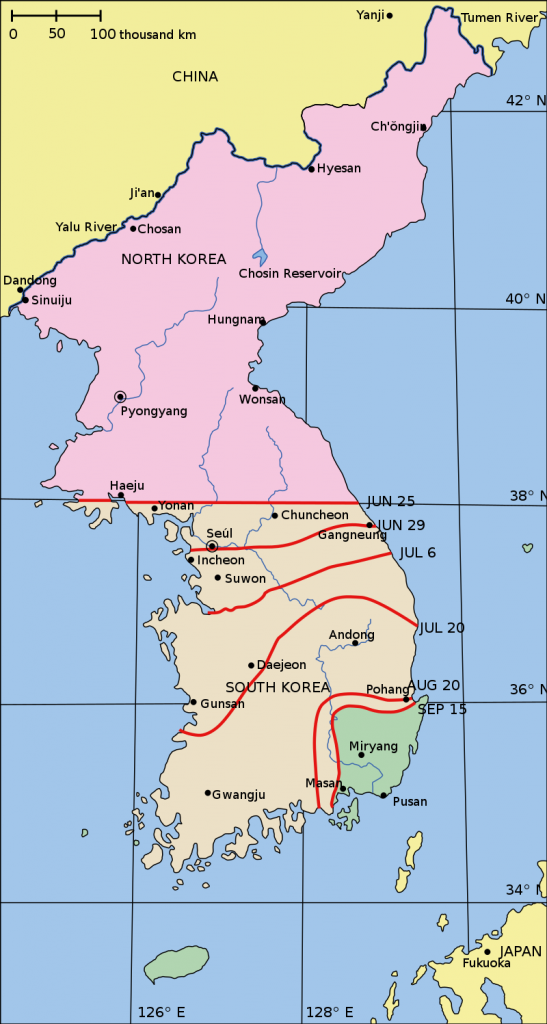
Busan Perimeter in the southeast corner of Korea…

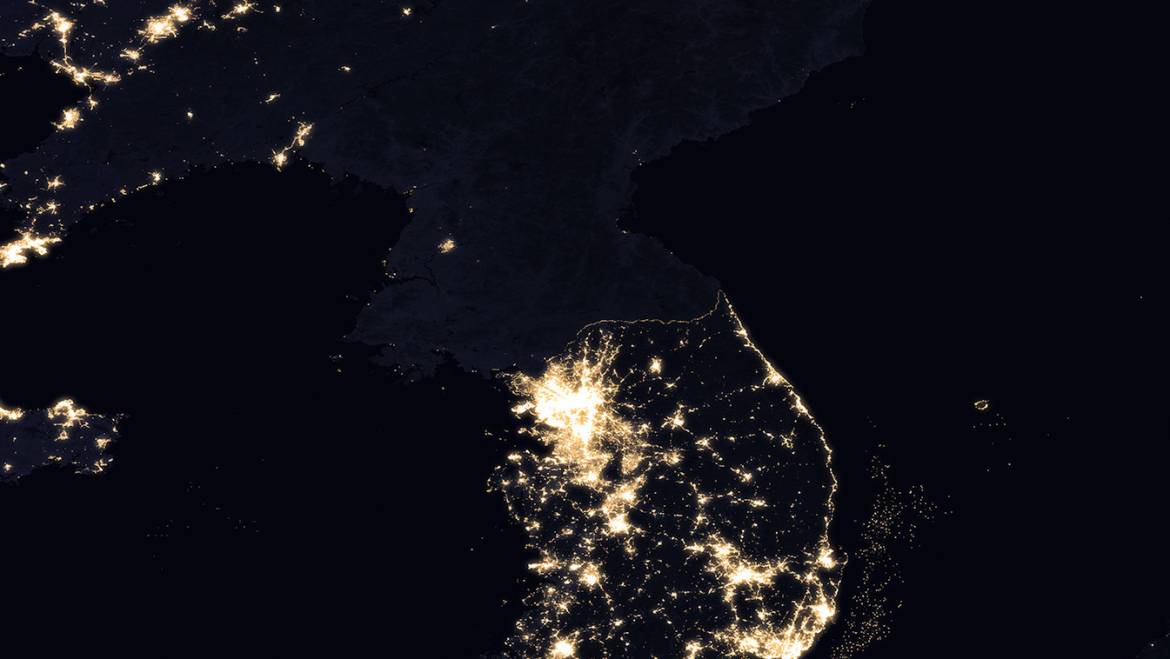
3 Comments
I totally agree with you that Truman’s quick decision, the defense of the Busan Perimeter, and the Incheon Landing were the decisive factors in preventing Kim from taking over the entire peninsula. However, at the end of the Korean War, another factor emerged: the signing of the “Mutual Defense Treaty Between the US and the ROK” in 1953. Especially at that time, this treaty played a significant role in suppressing war on the peninsula, particularly given South Korea’s weaker military power compared to North Korea’s.
Jayoung, thanks very much for reading this story and making your comment.
Well, when I read through this and then see again on the map that Seoul and Pyongyang are not that far apart, I agree with Richard: it would probably have been Seoul as the headquarters. No wonder the Kims hate the Americans. I think the Europeans come a close second. Depriving someone of power is like depriving someone of drugs, and they’ve been curtailed in their sphere of influence. Thanks for the article, Richard.
Add Comment